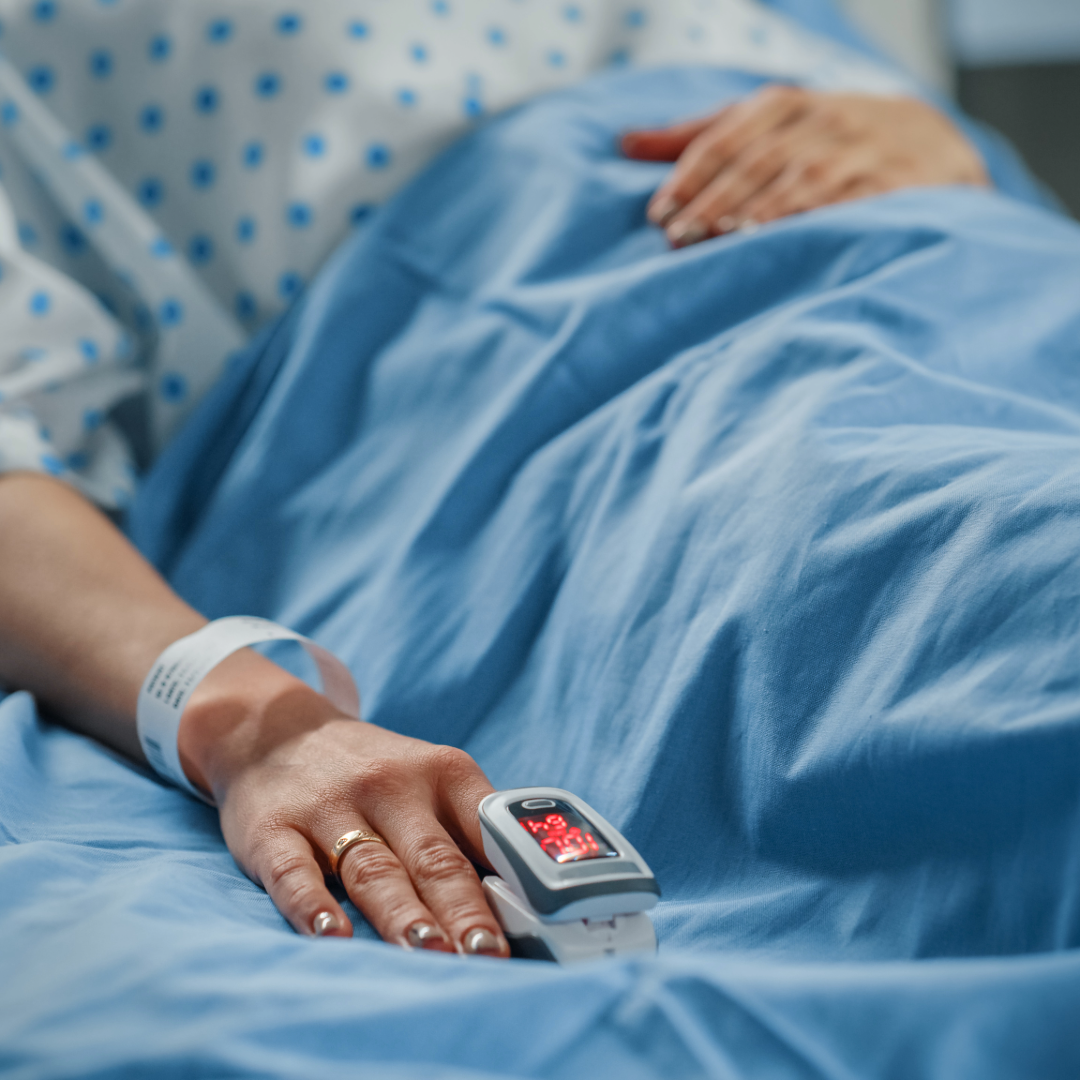

330-452-9911 (Aultman Main)
Patients & Visitors

- Patient Support
- My Experience
- Join Our Grateful Community
- Nondiscrimination & Language Services
- Patient Nutrition
- Patient Portal
- Patient Privacy
- Patient Medical Records
- Patient Rights and Responsibilities
- Patient Welcome Folder
- Tests & Procedures
- Contact Us
- Visitors
- Contact a Patient
- Aultman Anywhere App
- The Shoppes at Aultman
- Visitor Policies
- COVID-19 Information
- Parking and Maps
- Dining Options
- Things to Do
- Insurance and Billing
- Pay My Bill
- Insurance
- Financial Assistance
- Pricing
- FAQs
Services

- Medical Services
- Back & Spine Center
- Birth Center
- Cancer Center
- Critical Care
- Emergency
- Heart & Vascular
- Mental Health Services
- Neurosurgery
- Orthopedics and Sports Medicine
- Stroke
- Surgical Services
- Urology
- Support Services
- AultmanNow
- Aultman Specialty Pharmacy Services
- AultWorks
- Case Management
- Clinical Trials
- Diabetes Education
- Grief
- Home Medical Supply
- Home and Aultman Infusion Services at Woodlawn
- Home Health Care
- Hospice/Palliative Care
- Imaging
- Inpatient Rehab
- Integrated Health Collaborative
- Lab
- MEDS Clinic
- Pain Management
- Security
- Sleep Services
- Spiritual Care
- Therapy
- Urgent Care
- Victims of Violence - Forensic Nurse
- Wound Care
Health & Wellness

About

- Aultman
- About Aultman
- Careers
- Diversity, Equity, Inclusion and Belonging at Aultman
- Newsroom
- Our Policies
- Annual Report
- Community Health Needs Assessment
- Sharon Lane – An American Heroine
- Aultman Corporate Sponsorships & Volunteer Requests
Locations

- Locations
- AultCare
- Aultman Alliance
- Aultman Carrollton
- Aultman College
- Aultman Dover
- Aultman Hartville
- Aultman Hospital
- Aultman Louisville
- Aultman Massillon
- Aultman Medical Group
- Aultman North
- Aultman Orrville
- Aultman Orrville Doylestown Health Center
- Aultman Tusc
- Aultman Tuscarawas Regional Health
- The Aultman Foundation
- Aultman Woodlawn
Schedule an Appointment
*Please fill in all the required fields.
- Home >
- Blog >
- Caring For You >
-
Understanding Sepsis
Menu

Recent Posts
- Why Does Your Child Need a Sports Physical?
- Camping Safety
- All About Scoliosis
- Recipe: Baked Bean Casserole
- Be a Kid Again – Without the Tech!
Archive Posts

Location Finder
Here's your guide to finding any of the facilities in the Aultman family of health services, including maps and contacts.

Need a Doctor?
Aultman's network of providers is committed to high-quality patient care.

Schedule an Appointment
Click below to complete an online form.
Donate Today
You can help support and enhance services, and in turn, help patients and their families who benefit from care received at Aultman.

Understanding Sepsis
Sepsis is a life-threatening condition affecting more than 30 million people worldwide each year, but many people do not know what it is. Simply put, sepsis is an abnormal immune response to infection.
With sepsis, the immune response is no longer local to the initial infection. Instead, it is widespread, affecting all organ systems. This response can potentially lead to tissue hypoxia – when there isn’t enough oxygen in tissues to keep the body functioning properly – and organ dysfunction or failure. In extreme cases such as septic shock, it can lead to death.
What Causes Sepsis?
All infections can lead to sepsis, but the most common causes are bacterial infections such as:
- Urinary tract infections
- Pneumonia
- Soft tissue infections such as cellulitis
People older than age 65 or younger than age 1, as well as those with chronic conditions such as diabetes, lung disease, a weakened immune system or chronic kidney disease, tend to be more susceptible.
In addition, people who have had a recent medical procedure or hospital stay or a history of sepsis, as well as those with indwelling catheters (urinary catheters, IVs, implanted ports, dialysis access) tend to have a higher risk of sepsis.
What are the Symptoms of Sepsis?
There are a wide range of symptoms, but the most commonly reported symptoms are:
- Fevers
- Chills
- Confusion
- Lethargy
- Rapid breathing
- Fast heart rate
- Low blood pressure
- Extreme pain
Sepsis is a medical emergency. “If you experience any symptoms of sepsis accompanying signs of an infection, it is very important that you seek treatment immediately,” said Chelsea Szaniszlo, Aultman sepsis coordinator in the intensivist program. “The risk of mortality and morbidity increases up to 8% each hour that treatment is delayed, so time is of the essence.”
What is the Treatment for Sepsis?
Treatment can change with the severity of sepsis, but the most important treatment measure is antibiotics. Antibiotics should be started as soon as an infection is suspected, and they should be taken as prescribed for the duration of treatment.
Other treatment measures consist of drawing blood for blood cultures and assessing the white blood cells, lactate and IV fluids. Some people may need medications to increase their blood pressure.
How Can You Prevent Sepsis?
- Seek medical care quickly when feeling ill – do not wait.
- Practice good hygiene such as brushing your teeth daily and washing your hands before eating or when they are soiled.
- Get proper skin checks for wounds or infection.
- Adhere to your yearly medical checks and vaccinations as recommended.

Location Finder
Here's your guide to finding any of the facilities in the Aultman family of health services, including maps and contacts.

Need a Doctor?
Aultman's network of providers is committed to high-quality patient care.

Schedule an Appointment
Click below to complete an online form.
Donate Today
You can help support and enhance services, and in turn, help patients and their families who benefit from care received at Aultman.